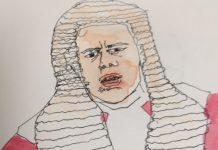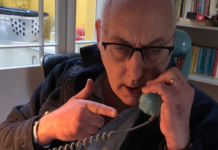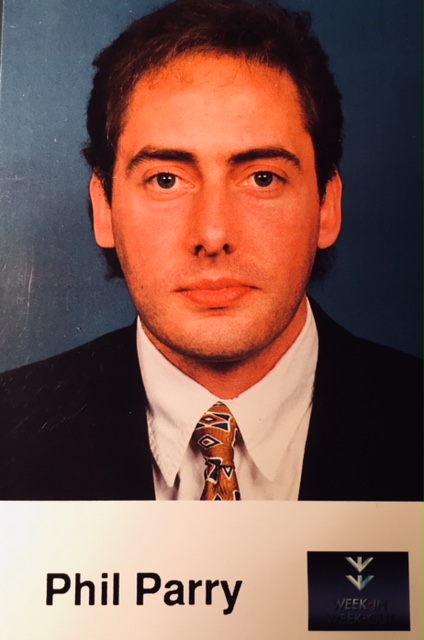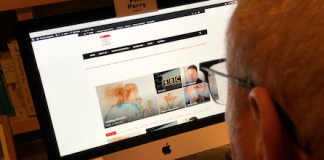- Crime pays - 1st July 2025
- Disabling protests - 30th June 2025
- A good storybook - 30th June 2025

During 23 years with the BBC, and a 39 year career in journalism (when he was trained to use simple language, avoiding jargon), covering politics has always been central for our Editor Phil Parry, and tomorrow’s council elections offer another opportunity to watch the coverage unfold, as the thorny issue of ENGLISH nationalism is raised once more.
Earlier he has described how he was helped to break into the South Wales Echo office car when he was a cub reporter, recalled his early career as a journalist, the importance of experience in the job, and making clear that the ‘calls’ to emergency services as well as court cases are central to any media operation.
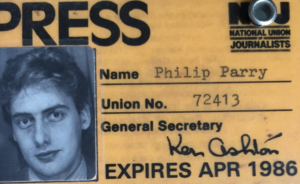 He has also explored how poorly paid most journalism is when trainee reporters had to live in squalid flats, the vital role of expenses, and about one of his most important stories on the now-scrapped 53 year-old BBC Cymru Wales TV Current Affairs series he presented for 10 years, Week In Week Out (WIWO), which won an award even after it was axed, long after his career really took off.
He has also explored how poorly paid most journalism is when trainee reporters had to live in squalid flats, the vital role of expenses, and about one of his most important stories on the now-scrapped 53 year-old BBC Cymru Wales TV Current Affairs series he presented for 10 years, Week In Week Out (WIWO), which won an award even after it was axed, long after his career really took off.

Phil has explained too how crucial it is actually to speak to people, the virtue of speed as well as accuracy, why knowledge of ‘history’ is vital, how certain material was removed from TV Current Affairs programmes when secret cameras had to be used, and some of those he has interviewed.
He has also disclosed why investigative journalism is needed now more than ever although others have different opinions, and how information from trusted sources is crucial.
They’re actually very important, but you wouldn’t know it.
Traditionally the turnout for local elections has only been around 30 per cent, UK or even world issues tend to dominate debates, and they are seen as a giant poll to tell us how the parties are faring.
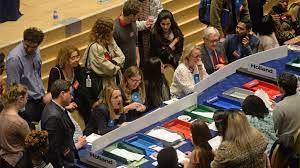
For example, the Sunday Times (ST) at the weekend, said: “It will not be enough for electors to search for the best way to punish the Tories – Labour needs to know it is winning back support on its own account”.
They also stated: “Party strategists are not just looking at national vote share but studying the distribution of Labour votes in an effort to use the local elections as a dry run to tell them where to put more resources next year”.

Bizarrely, as well as being seen as an enormous poll, and UK issues being raised, campaigners can even be confronted on the doorstep with questions about how his or her party is handling the war in Ukraine!
Because there are no elections in Wales (and we have a devolved government), they are often viewed as unimportant, yet nothing could be further from the truth.
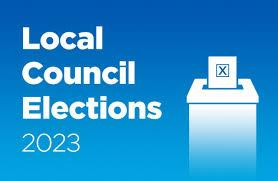
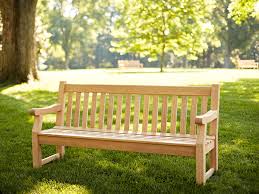
Enormous local council powers lie closer to home than Kyiv or even London, and will almost certainly affect the families who ask about the Ukrainian war.
Among them are well known functions such as social care, schools, housing and planning as well as waste collection, but also lesser known ones such as licensing, business support, registrar services and pest control. They aren’t just about where to put the park bench!
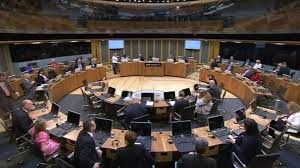
Devolution may have diverted attention from these powers (in Wales, for example, the Welsh Government [WG] has overarching control of schools), but they are, nonetheless, significant, and given that England (where most are being held) has 85 per cent of the UK’s population, EVERYONE should take notice of what happens in these elections.
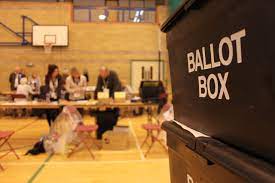
They will include ballots for seats on district councils, unitary authorities, and directly-elected mayors in England, as well all seats to local councils in Northern Ireland (let’s not forget those!).
Council elections are being held in 230 of England’s 317 councils tomorrow.
On May 18 elections are taking place for every 462 seat in all 11 local authorities in Northern Ireland.

But, perhaps oddly, they do NOT apparently take place against much of a backdrop of rising English nationalism.
At the 2011 census a whopping 58 per cent of people identified themselves as English only, but skip forward a decade and the figure was only 15 per cent.
At the 2015 UK General Election, the Tories wrapped themselves in the flag of St. George and tried to portray the then Labour leader, Ed Miliband, as being anti-English, because he was dancing to the nationalist tune in Scotland. Conservative adverts were everywhere, showing Mr Miliband as a puppet of Nicola Sturgeon or Alex Salmond.
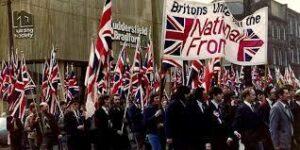
But Labour increased both its vote share, and its number of English seats at that election.
Pro-English marches by far-right extremists are, thankfully, mercifully rare now – unlike during the 1970s.
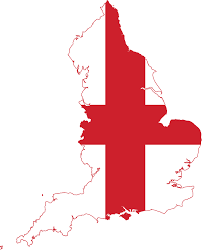
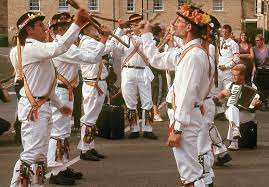
Morris dancing, where people wearing bells hit each other’s sticks, is not regarded as popular.
There seems to be a lot of muddled thinking, where ‘ENGLAND’ is confused with ‘BRITAIN’. Londoners use ‘British’ to signal their cosmopolitanism; the Scots and Welsh to signal their unionism.
The 2014 Scottish independence referendum stoked English grievances without satisfying the Scots, and the 2015 General Election turned a growing political division between the two (along with Wales) into a chasm, which was only made deeper when Boris Johnson was elected in 2019.
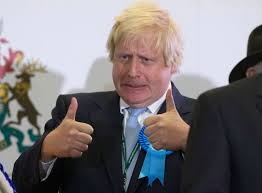
Many in England seem to feel that by pocketing more money than they create, the Scots and Welsh are not playing fair (Scottish Government funding per person is 31 per cent above English levels, according to the Institute for Fiscal Studies, and the cash Wales receives is proportionately much greater too).
The building of the UK was, over a millennium, the story of England’s relentless (at times extremely brutal), expansion.
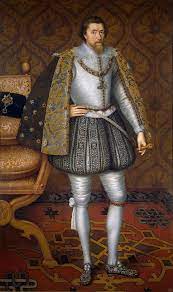
First its rulers rode roughshod over the Celtic lands on the borders, then peoples across the world were subdued.
The 1707 Act of Union brought Scotland and England ‘together’ yet was strongly resisted north of the border. A ‘union of crowns’ (when James VI of Scotland also became James I of England in 1603) was a kind of precursor.
Expositions of English (or if you prefer ‘British’) history have provided ‘our island nation’ with both a web of Anglosphere ties, and a unique global economic as well as a strategic niche.
So watch these council results carefully, because they aren’t simply a huge party poll!
Phil’s memories of his astonishing decades long award-winning career in journalism (when making sure you recognised the difference between Wales and England was crucial) as he was gripped by the rare neurological disabling condition Hereditary Spastic Paraplegia (HSP), have been released in a major book ‘A GOOD STORY’. Order the book now!



